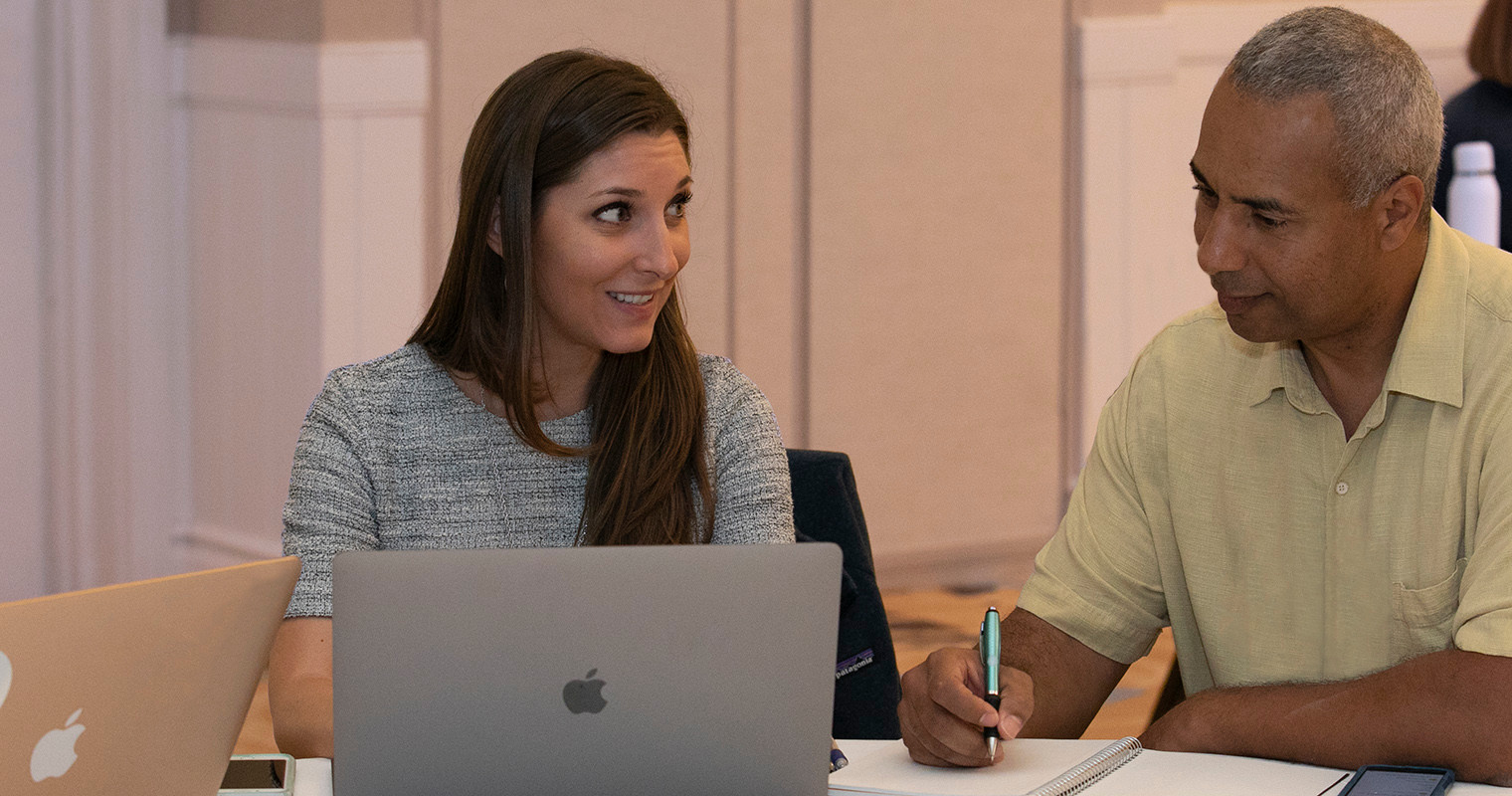
The Founder's Paradox: How to Be Grateful Now When the Best Is Ahead
“I feel grateful, not because it profits me, but because it pleases me.” Seneca the Younger wrote this in his book Letters from a Stoic nearly 2,000 years ago. Today gratitude no longer just profits and pleases. Now it can improve your health, change your brain, cure depression, and even reduce inflammation. Gratefulness is the equivalent of a mental multivitamin.
Giving thanks has become a panacea — an effortless way to break free from negativity and generally smooth life’s rough edges.
And of course today we have plenty of scientific research that bears this theory out. Robert Emmons, who teaches at the University of California at Berkeley, has written extensively about the proven physical, mental, and social benefits that come from giving intentional thanks. Gratitude has been shown to have a tangible impact on our self-esteem, which affects our ability to perform at our best.
I could go on and tout more research. But I think most of us would agree that gratitude is a good thing. It is a worthy pursuit to be thankful for the present moment. You gain perspective, reframe situations, and may be able to see a glimmer of positivity in difficult circumstances.
But as powerful as gratitude is, many of us do not fully express it because we are focused on our ambition. There is so much more to be done. We are impatient, anticipating what is next. It may feel as though the smaller achievements along the way are not worth celebrating. After all, incremental progress is not the goal itself.
I try to remind myself that it is possible to feel and express gratitude while also having an unsatisfied desire for what I have not yet achieved.
Almost every founder I know lives in this space. This is because ambition is simply the desire for achievement and the drive to toil until you reach that achievement. You want more. But there is a balance for leaders — you need to be able to celebrate what you and the team have attained so far, while still inspiring urgency and motivation to keep striving. And you need a sense of perspective too. So how do you do it?
Set different horizons
I often write about having a goal-first approach. Perhaps I should change that to goals-first, because every founder will reach a series of milestones on the path to that ultimate goal. You need different goals for the next quarter versus the new year versus the next three years.
Look behind you
Ambition is all about looking forward. But evaluating the past is important too. Take note of how you and others have grown. Be proud of how your collective skills have evolved. The learnings you gain (especially from hurdles) will help you be better tomorrow.
Squint ahead
From done straight to up next. I am almost always focused on the next thing when what I have been working on is complete. So I try to have double vision — spotlighting what I and others accomplished today while I keep our long-term goals in the periphery.
Honor everything
Thankfulness can be fuel for striving. Each win (and even the losses) are part of the path that you are on. Appreciate that you are among a favored few who can experience the adventure of building a business.
We can have gratitude for what we have accomplished now as well as for the opportunity to be even better in the future.
The paradox may feel weighty at times — depending on where you are at in your journey. But holding both concepts at once will increase your resiliency as a founder. Because if you want to build a sustainable business then there will only be more goals to smash and new horizons to reach for over time.
Read more of The Founder’s Paradox.




